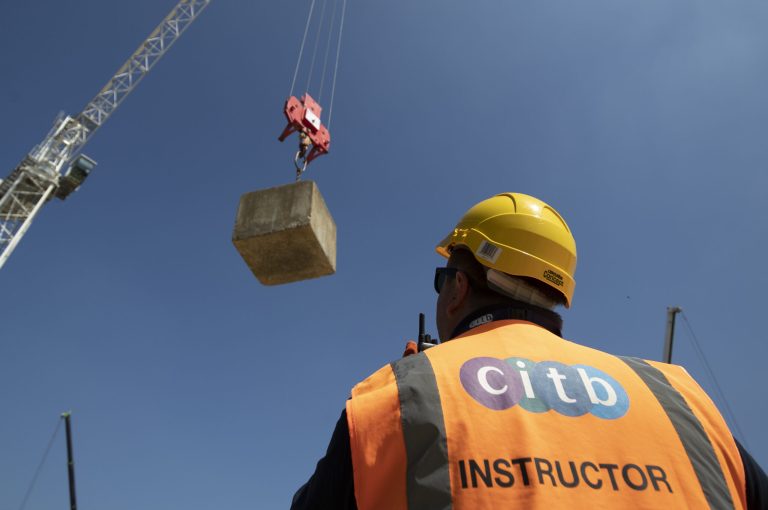With a strong focus on three core challenges for construction, CITB published its Business Plan today (18 May), announcing it will be investing over £233m across Britain to support construction throughout 2022/23. CITB’s investment plan responds to the estimated demand for an additional 50,000 workers every year and is primarily focused on securing construction’s talent pipeline. This year, the organisation will run and support a whole host of initiatives aimed not only at inspiring people outside of the industry to choose construction as their career, but also upskilling and retaining existing talent. The three challenges set out by CITB are: Responding to the skills demands Developing the capacity and capability of construction training provision Addressing future skills needs. Responding to the skills demands Following the findings of the recent Rethinking Recruitment report, CITB’s plan details how it will invest in supporting apprenticeships and building bridges between further education and work to get more learners into construction. Initiatives such as SkillBuild, work experience, taster events, and the 350-strong STEM Ambassador network, aim to inspire more young people than ever to consider construction. In addition, CITB will collaborate with employers on the Go Construct website and promote the wide range of careers construction has to offer. Coinciding with efforts to get more people to think again about a construction career, CITB will create even more accessible routes into construction, focusing on apprenticeships, alongside on-site experiences, and future rollout of occupational traineeships. A total of £60.3m in direct grants will be available to employers who take on apprentices, supporting the industry to address its current and future need for a skilled workforce. Developing the capacity and capability of construction training provision As the industry recovers from the pandemic and demand for construction projects increases, CITB will make it easier to access the right training at a time and place that is right for them. CITB will: Invest £25.9m in direct training delivery to enable the continuation of core skills training and training provision in niche and at-risk skills through CITB’s National Construction Colleges Support more than 300,000 Health Safety & Environment tests over the next year, ensuring there is good availability of tests in as many locations as possible, bringing assurance to employers that their workforce can keep themselves and those around them safe Offer enhanced grant support for priority skills such as Drylining apprentices and rainscreen cladding achievements. Addressing future skills needs Looking to the future, CITB’s plan sets out how it will address long-term challenges. The construction landscape is changing and issues such as net zero, digitisation and modern methods of construction are becoming increasingly important. CITB is investing £2.1m into research to better understand construction’s changing environment. This research will help focus CITB’s work on interventions that have the greatest impact, helping shape new training and standards development. Tim Balcon, CITB Chief Executive, said: “I am proud to be sharing my first business plan as Chief Executive at CITB, which sets out how CITB will approach its role in supporting industry going forwards. “While progress has been made, the construction industry has faced significant challenges in recent years, including inflation, rising fuel prices, the pandemic and Brexit, to name a few. In many ways the industry is still experiencing and feeling the impact of these events, which we know has shifted priorities greatly and pushed the demand for skills to the forefront. It’s essential now more than ever that efforts are focused on helping to alleviate those pressures and address the key needs of industry.” Read the full plan here. There are two case studies used within the Business Plan: – Career changer, Sabrina Robertson had a background in admin and degree in Education and Community Development. Having expressed an interest in construction opportunities at the Barking and Dagenham Construction Skills Fund (CSF) Hub, they were able to support Sabrina in securing the role of Community Liaison Officer for McLaren. – Daniel Jeffries Carpentry accessed CITB funding to help with taking on an apprentice and support the upskilling of the company’s existing employees. Daniel was supported through the application process by CITB Engagement Advisor, Darren Lawrence. For further enquiries relating to the Business Plan, please contact: press.office@citb.co.uk Building Design and Construction Magazine | The Home of Construction & Property News














